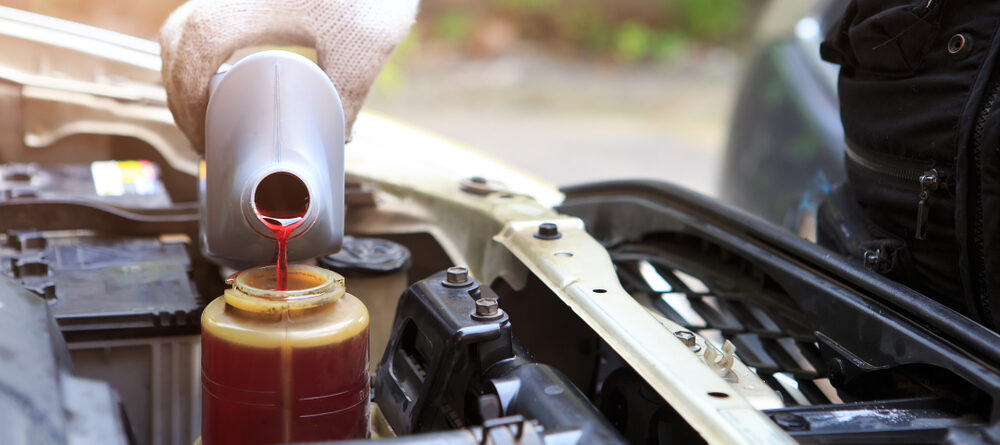Do Manual Cars Have Transmission Fluid?
There are a few significant differences between manual and automatic vehicles, many of which surround their transmissions and the way they shift gears. A common question from current or prospective vehicle owners: Do manual cars have transmission fluid in the same way that automatic vehicles do?
At X Auto Care, we’re here to provide a one-stop resource for clients to buy used auto parts online, including used transmissions for sale, used car engines for sale and more. The answer to this question is yes, manual cars do need transmission fluid – here’s a primer on why this remains the case even for these kinds of vehicles, the different kinds of transmission fluid that are available for your manual vehicle, and some other important tips.
Differences Between Manual and Automatic Transmissions
Before we dig into the specifics of transmission fluid, let’s take a moment to go over some general differences between manual and automatic transmissions. One of the most significant contrasts is that manual vehicles require the driver to physically shift gears using a clutch pedal and gear shift, while automatic cars use a series of complex mechanisms within the transmission to switch gears automatically.
This means that driving an automatic vehicle tends to be a bit more convenient, as the driver doesn’t have to worry about constantly shifting gears – however, manual vehicles offer greater control and can be more engaging to drive for those who enjoy a hands-on driving experience. Additionally, automatic transmissions often require regular maintenance such as fluid changes and filter replacements, whereas manual transmissions typically only need fluid changes every 30,000-60,000 miles.
Why Do Manual Cars Need Transmission Fluid?
Despite these differences, both manual and automatic transmissions have the same basic function – to transfer power from the engine to the wheels of the vehicle. This requires a smooth and consistent flow of lubrication, which is where transmission fluid comes in.
In manual vehicles, transmission fluid plays a crucial role in keeping all the moving parts within the transmission properly lubricated and cool. Without enough fluid, these components can overheat and wear down much faster, leading to potentially costly repairs.
Different Types of Transmission Fluid for Manual Cars
There are a few different types of transmission fluid that are suitable for use in manual vehicles, though the specific type recommended for your car will depend on its make and model. Some common types of transmission fluid for manual cars include conventional, synthetic, and synthetic blend fluids.
Conventional transmission fluid is made from mineral oils and tends to be the most affordable option. Synthetic transmission fluid, on the other hand, is created through a chemical process and offers better performance in extreme temperatures. Synthetic-blend fluids are a combination of both types, offering some of the advantages of synthetic fluid at a lower cost.
How do you choose which of these types of transmission fluid is the best for your manual vehicle? The key is to consult your owner’s manual or speak with a trusted mechanic, who can recommend the appropriate type and brand for your specific car.
Possible Signs Your Manual Transmission Needs Fluid
What are some possible signs that your manual transmission may be low on fluid? Some of the most common symptoms include:
- Trouble shifting gears: If you’re finding it difficult to shift gears or the gearshift feels sticky, this could be a sign that your transmission is running low on fluid.
- Unusual noises: Whining, grinding, or clunking noises coming from your transmission could also indicate that it’s time for a fluid change. This may be caused by worn out gears due to a lack of lubrication.
- Burning smell: If you notice a burning smell while driving or after parking your car, it could be due to overheated transmission fluid that needs to be replaced.
If you experience any of these signs, it’s important to have your transmission checked by a professional as soon as possible. Regular maintenance and timely fluid changes can help prevent these issues from occurring and keep your manual vehicle running smoothly.
While there are differences between manual and automatic transmissions, both types of vehicles require transmission fluid to function properly. Keep an eye on your fluid levels and follow the recommended maintenance schedule for your manual car to ensure it stays in top condition.
And if you ever need a replacement transmission or other used auto parts, be sure to check out X Auto Care for affordable and high-quality options. We’re here to help!




